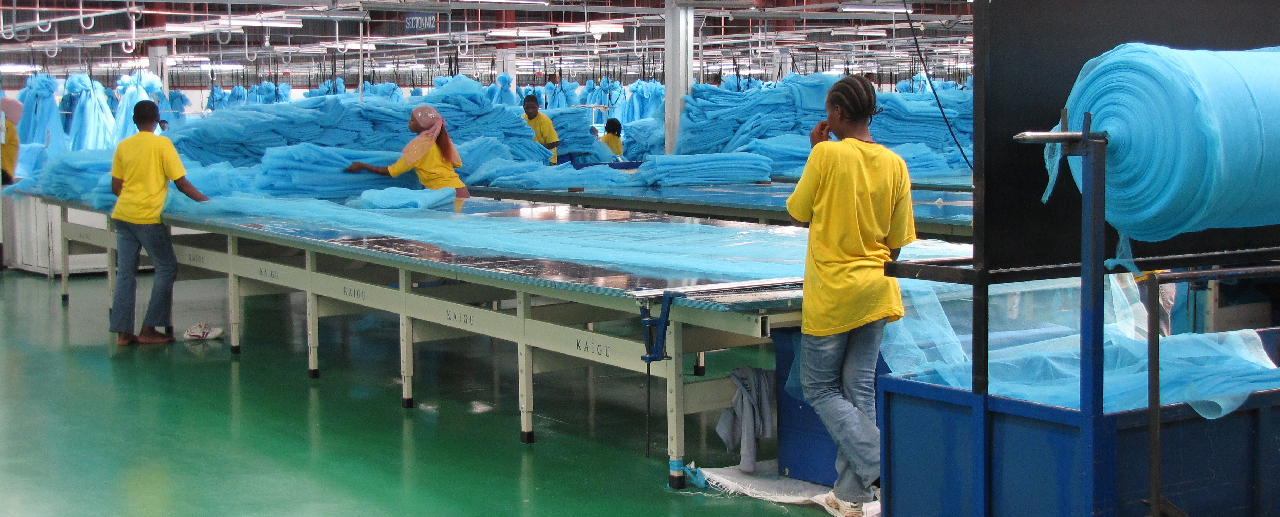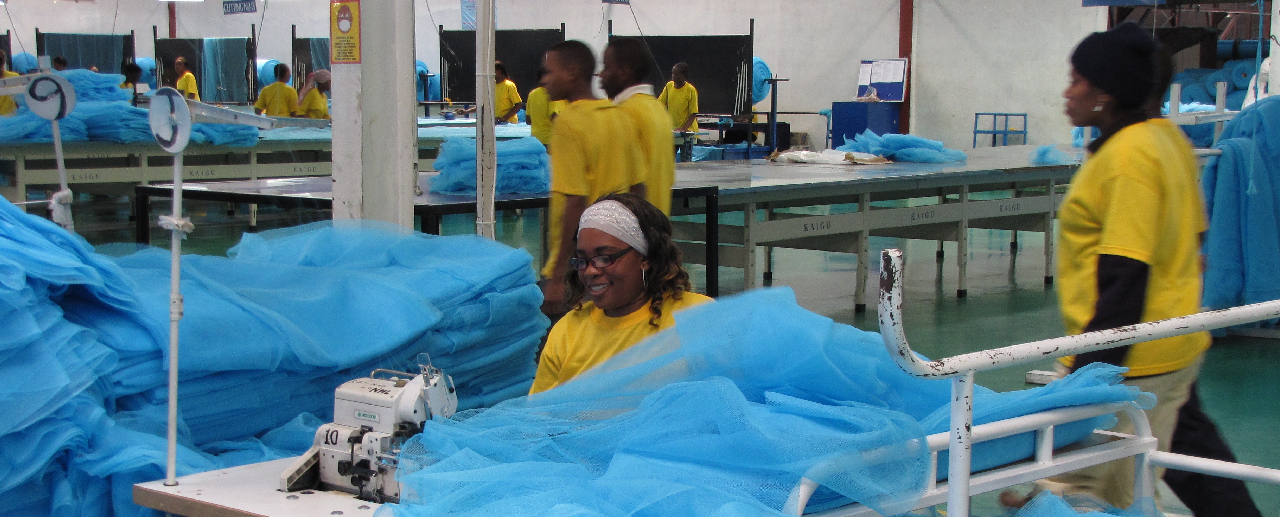What is Malaria?
What is Malaria?
Malaria is an illness caused by parasites, which are spread to people through the bite of an infected female mosquito. It is preventable and curable.

Q. What is Malaria and how is it Transmitted?
A. Malaria is a life-threatening disease primarily found in Africa and tropical countries. It is both preventable and curable. However, without prompt diagnosis and treatment, a case of malaria can progress to a severe form of the disease which is often fatal without treatment.
Unlike other diseases, Malaria is not contagious and cannot spread from one person to another; the disease is transmitted through the bites of female mosquitoes. Five mosquito species of parasites can cause malaria in humans and 2 of these species – 1. Plasmodium falciparum and 2. Plasmodium vivax – poses the greatest threat. There are over 400 different species of mosquitoes and around 40, known as vector species, can transmit malaria.
This risk of infection is higher in some areas than others depending on multiple factors, including the type of local mosquitoes. It may also vary according to the season, the risk being highest during the rainy season in tropical countries.

Q. Who is at risk of contracting Malaria?
Nearly half of the world’s population is at risk of malaria. In 2021, an estimated 247 million people contracted malaria in 85 countries. That same year, the disease claimed approximately 627,000 lives.
Some people are more susceptible to developing severe malaria than others. Infants and children under 5 years of age, pregnant women and patients with HIV/AIDS are at particular risk.
Some people in areas where malaria is common will develop partial immunity. While it never provides complete protection, partial immunity reduces the risk that malaria infection will cause severe disease. For this reason, most malaria deaths in Africa occur in young children, whereas in areas with less transmission and low immunity all age groups are at risk.

Q. What are the symptoms and how is it diagnosed?
A. The first symptoms of malaria usually begin within 10–15 days after the bite from an infected mosquito. Fever, headache, and chills are typically experienced, though these symptoms may be mild and difficult to recognize as malaria. In malaria endemic areas, people who have developed partial immunity may become infected but experience no symptoms.
